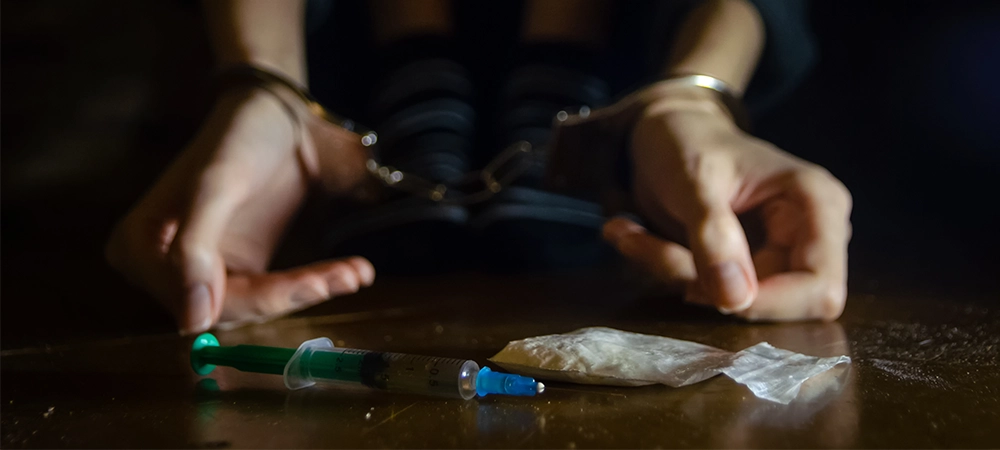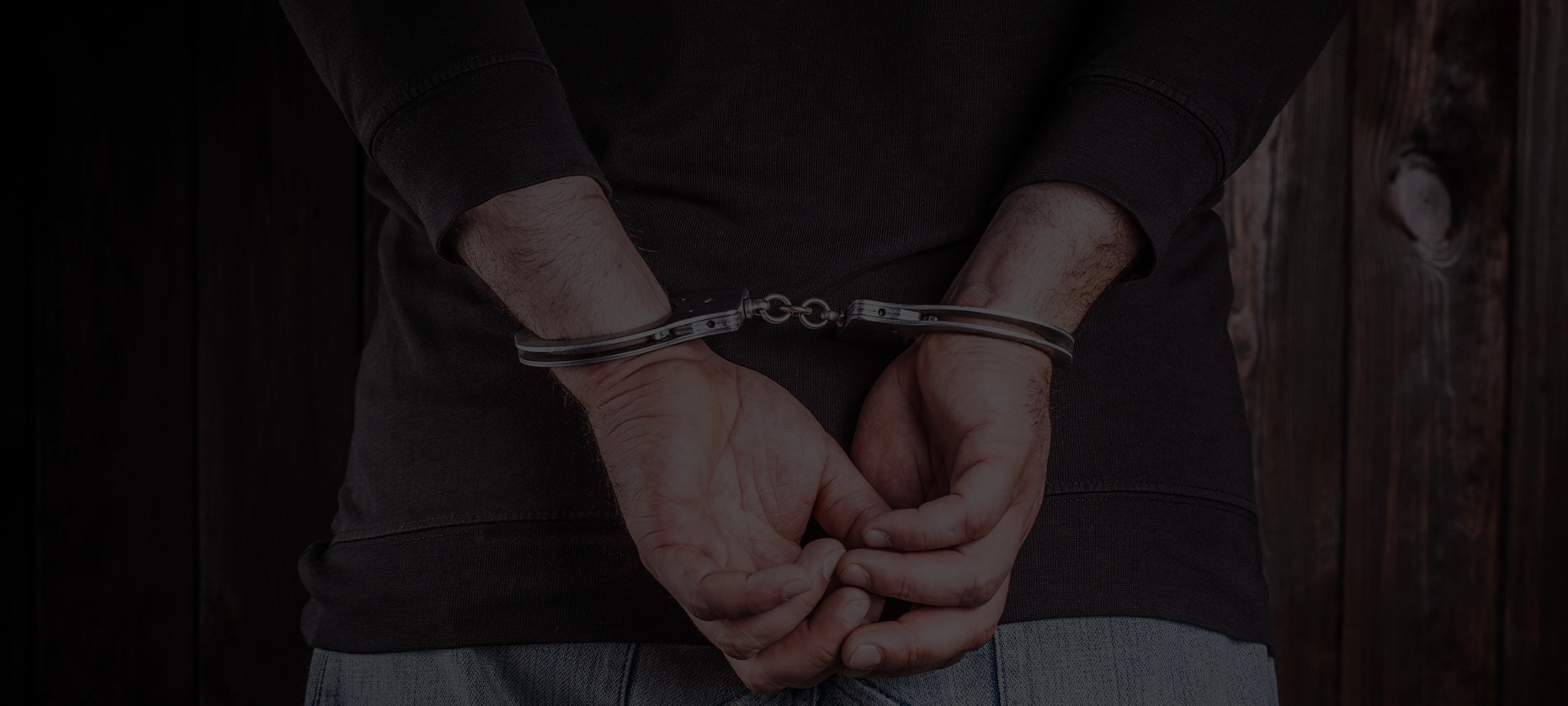A drug crime is usually a serious legal offence. If arrested, you can be looking at significant jail time, plus a criminal record that’ll make any post-jail life more difficult. However, it is not all doom and gloom if you are charged with a drug crime. Law enforcement officers are often overzealous with search and seizure operations, making them overstep the bounds of their authority. Challenging such search and seizure operations can help get your charges dropped.
Read on to understand the key considerations surrounding search and seizure in Canadian drug crime cases.
Understanding Search and Seizure
Search and seizure are actions conducted by law enforcement officers to obtain evidence related to a crime. This can apply to any type of drug offence in Canada.
A search involves going through an individual’s belongings or premises to find evidence related to a crime. A seizure involves confiscating or taking possession of certain items found during a search in order to preserve evidence related to a crime.
Understanding Your Charter Rights
Law enforcement can argue that search and seizure operations are crucial to addressing drug crimes. However, these operations must be conducted within the boundaries of the laws protecting people’s rights.
In Canada, the Charter of Rights and Freedoms protects individuals from unreasonable searches and seizures. Section 8 of the Canadian Charter of Rights and Freedoms specifically says, “Everyone has the right to be secure against unreasonable search or seizure.”
More so, any evidence obtained in violation of this right may be deemed inadmissible in court. This is one of the strongest defences for drug possession. This constitutional protection ensures that law enforcement officers, in their bid to carry out their duties, do not violate individuals’ rights.
An illegal search occurs when law enforcement officers take some action that violates your Charter Rights. Any evidence found during an illegal search cannot be used in criminal proceedings against you. The outcome will be the drug charges against you dropped, and the case dismissed.

When is a Search and Seizure Illegal?
There are three main circumstances that make a search and seizure illegal. These include the search being conducted without a valid warrant, the search going beyond the scope of the warrant, or conducted without probable cause. Let’s take a look at these circumstances in a little more detail.
1. The Search Was Conducted Without a Valid Warrant
A warrant is a legal document issued by a judge that authorizes law enforcement to conduct a search or seizure. For a search and seizure to be legal, it must be authorized by a judge or magistrate via a warrant.
Warrants are based on probable cause. That is, for a judge to issue one, the law enforcement officer must prove to the judge that a crime is likely to have been or is being, committed.
However, there are circumstances where warrantless searches can be considered legal. These include:
- A search after a lawful arrest
- You agree to the search
- In exigent circumstances, where there is an immediate need for action, and obtaining a warrant is impractical
- The incriminating evidence is in plain view to an officer lawfully present in a location
The Search Goes Beyond the Scope of the Warrant
Search warrants usually specify the place to be searched and the items to be seized. If the officer searches places other than what is specified in the warrant (such as another property owned by the suspect), the search may be deemed illegal, and any evidence obtained can be thrown out in court.
The Search Is Conducted Without Probable Cause
If law enforcement officers believe that a crime is being committed, they may conduct a search and seizure without a warrant. However, they can’t just search somewhere because they want to. They either need a warrant or have one of the reasons detailed above.
The Importance of Legal Representation
The law surrounding drug crime cases can be complex. In what may look like an open and shut case, an expert lawyer can pick holes in the defence. If you’re facing drug charges, it’s vital to choose the right criminal defence lawyer.
There are many ways the search and seizure process can be mishandled by the police. A great legal defence allows you the best chance of avoiding life-changing sentences after a trial. Poor legal counsel may miss more nuanced errors and present a weak defence.

Final Thoughts
While search and seizures may be helpful to law enforcement in addressing drug crimes, these operations must be conducted within laws that protect the rights of Canadian citizens. Any illegal search and seizure can result in the dismissal of any evidence obtained, which often leads to a dismissal of the case.
If you’re looking for legal representation, or simply have further questions, feel free to give AGP LLP a call. With our many years of experience, we can give you expert advice and offer a free consultation before you decide on your next steps.





